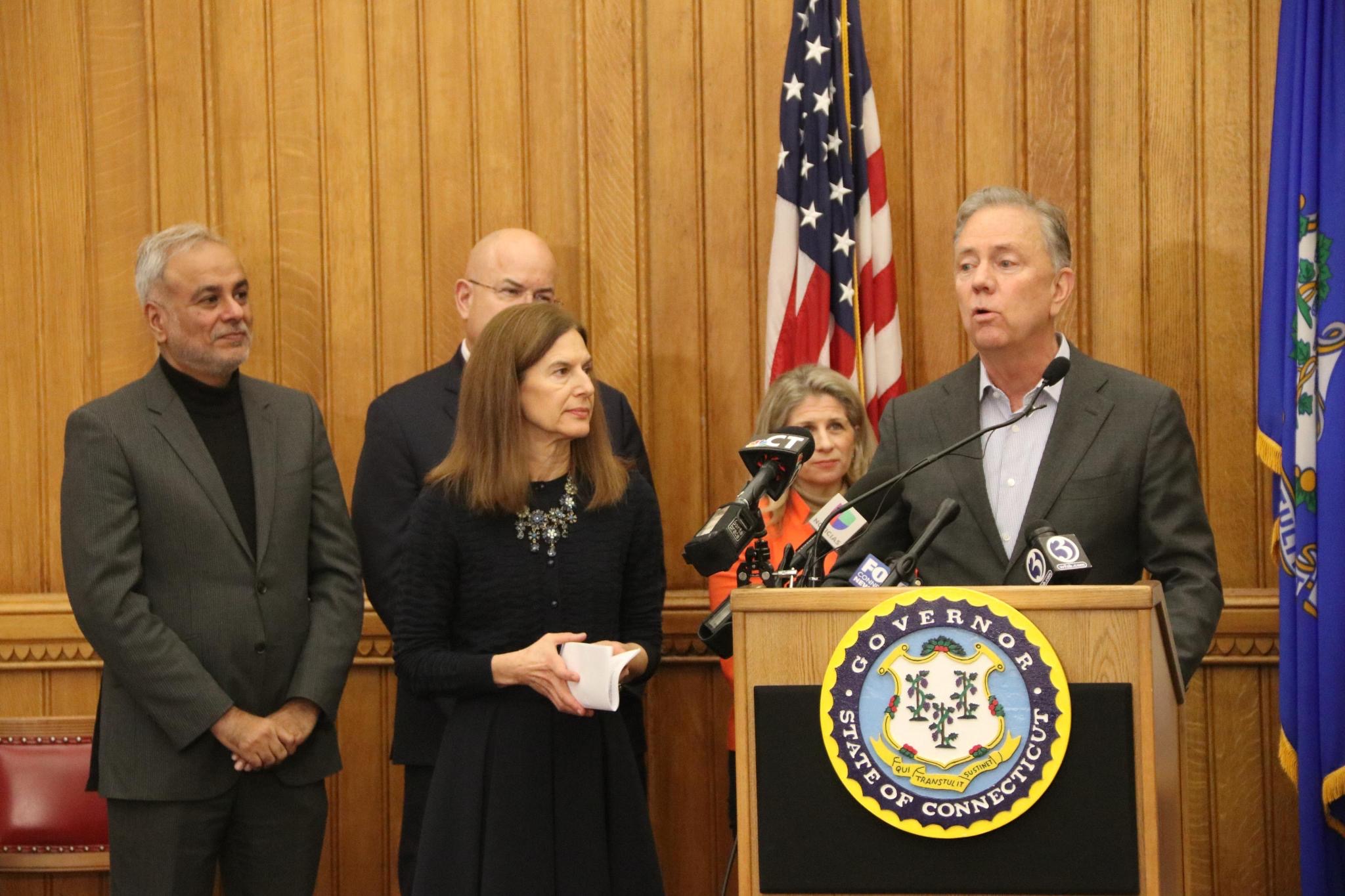Study: Red Flag Laws, Originated in Connecticut, Effective in Preventing Suicides
By Lawrence Cook
December 18 @ 5:00 am

A recent study has found that risk protection orders – those so-called ‘Red Flag’ laws that temporarily remove firearms from a person who may be a danger to themselves or others – can be an effective and important suicide prevention tool.
Connecticut enacted the country’s first Red Flag law in 1999 following a devastating mass shooting at the Connecticut Lottery. The law established a legal procedure for police and attorneys for the temporary court-ordered removal of firearms from a person who may pose a danger to themselves or others.
Legislative Democrats led a 2021 update of law to allow family or household members, as well as certain medical professionals, to also apply for a risk protection order.
Since 1999, approximately 5,800 risk protection orders have been issued in Connecticut, and, according to a 2016 study by researchers at Yale, Duke, and the University of Connecticut, it is estimated that in the first 17 years of its existence, the Red Flag law has saved between 32 and 76 lives from suicide with a firearm.
State Senate Majority Leader Bob Duff, D-Norwalk, said Red Flag laws have become a proven and popular method of preventing self-harm and harm to others.
“I’m proud that Connecticut was the first state in the nation to enact this law, and that we’ve updated it since to protect even more lives,” Duff said. “About 20 other states have followed our lead, too.”
A recent Journal of the American Academy of Psychiatry and the Law study found that more than 800,000 lives have been lost to suicide in the United States in the past two decades, over half of them resulting from self-inflicted firearm injuries, and that “interventions that can effectively keep guns out of the hands of people at imminent risk of harm to themselves or others should be a key component of an effective public health effort to reduce the number of these preventable tragedies.”
“To the extent that extreme risk protection orders can help ensure safety for individuals who pose a risk of intentional self-injury with a firearm, for whatever reason or motivation, these legal tools offer a versatile and promising intervention to prevent suicides,” the study found.
In Connecticut, a state’s attorney, assistant state’s attorney, police officer, family member or medical professional can apply to a court for a risk protection order if they believe that a person poses a risk of imminent personal injury to themself or someone else. Those orders are issued based on ‘probable cause,’ including:
-Recent threats or acts of violence directed towards self or others;
-Recent acts of cruelty to animals;
-Reckless use, display or brandishing of a firearm or other deadly weapon;
-A history of use, attempted use or threatened use of physical force against others;
-Illegal use of controlled substances or abuse of alcohol; or
-Involuntary confinement to a hospital for persons with psychiatric disabilities.









